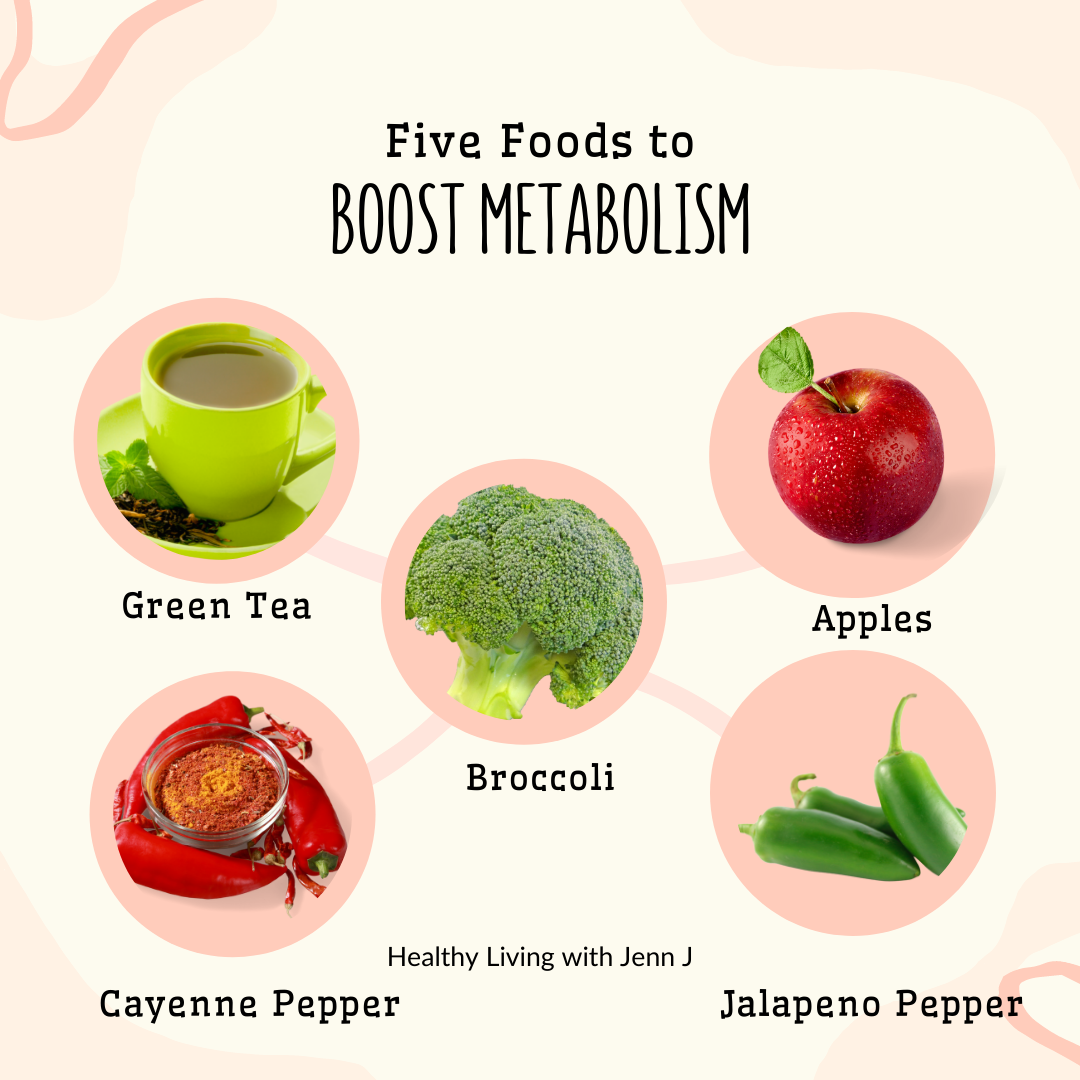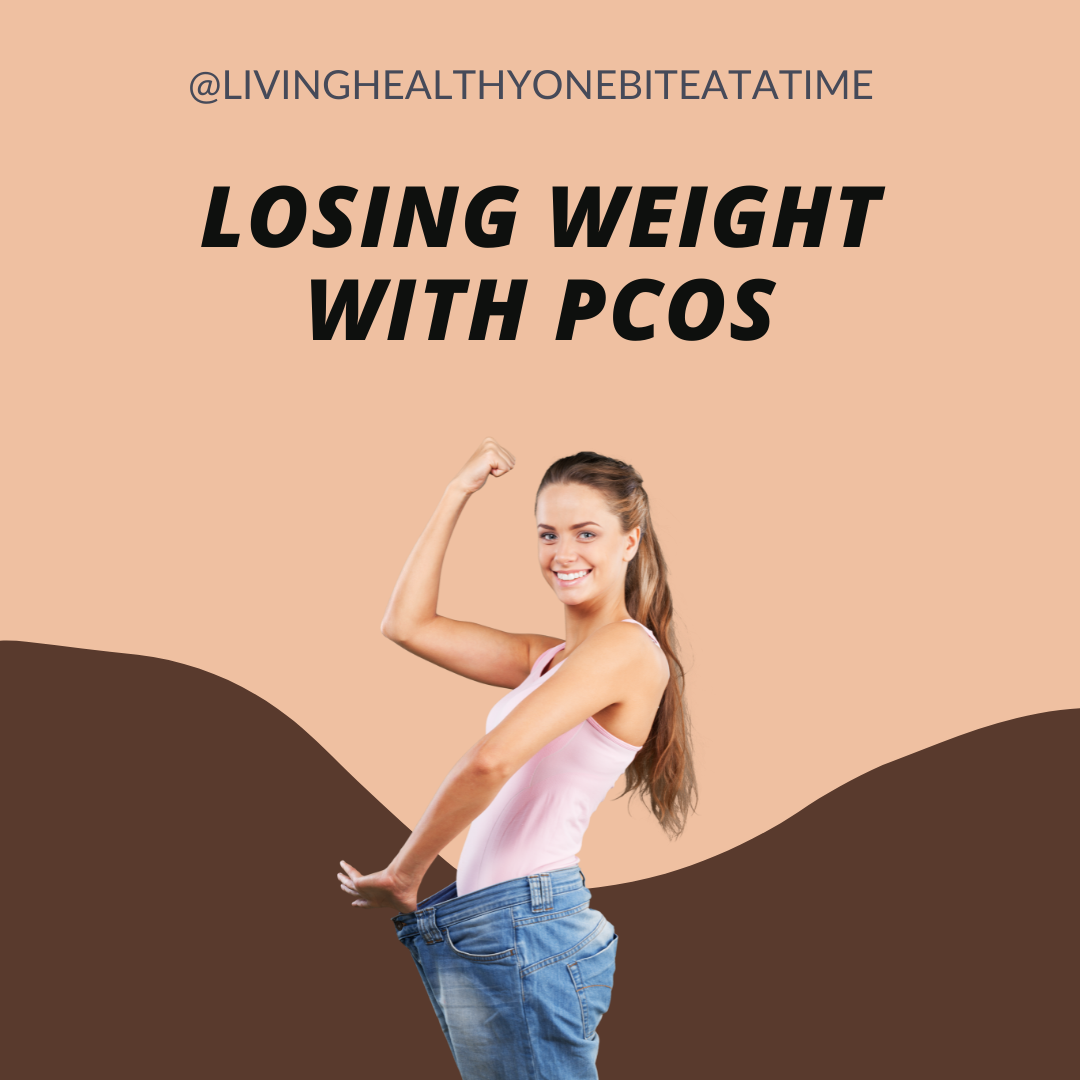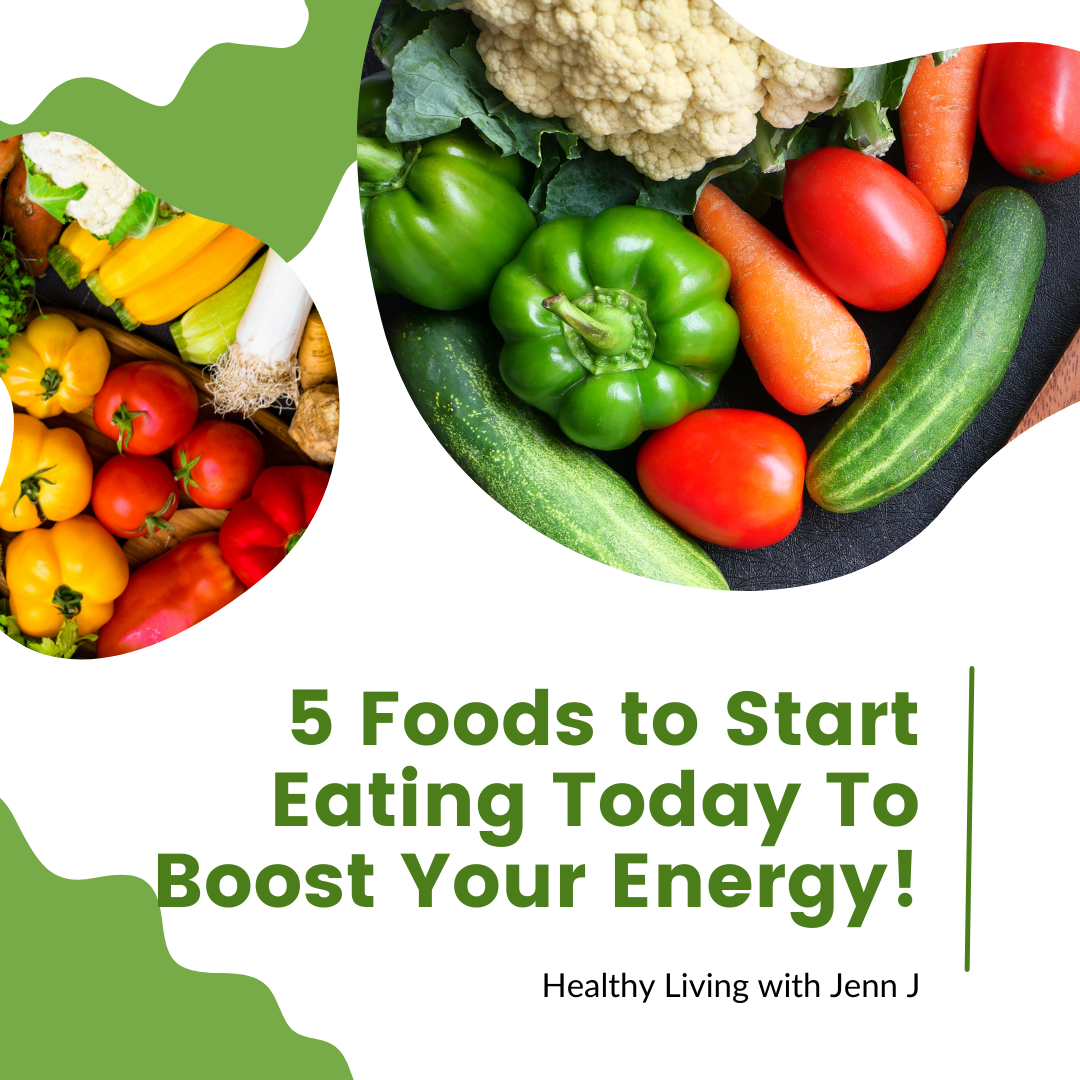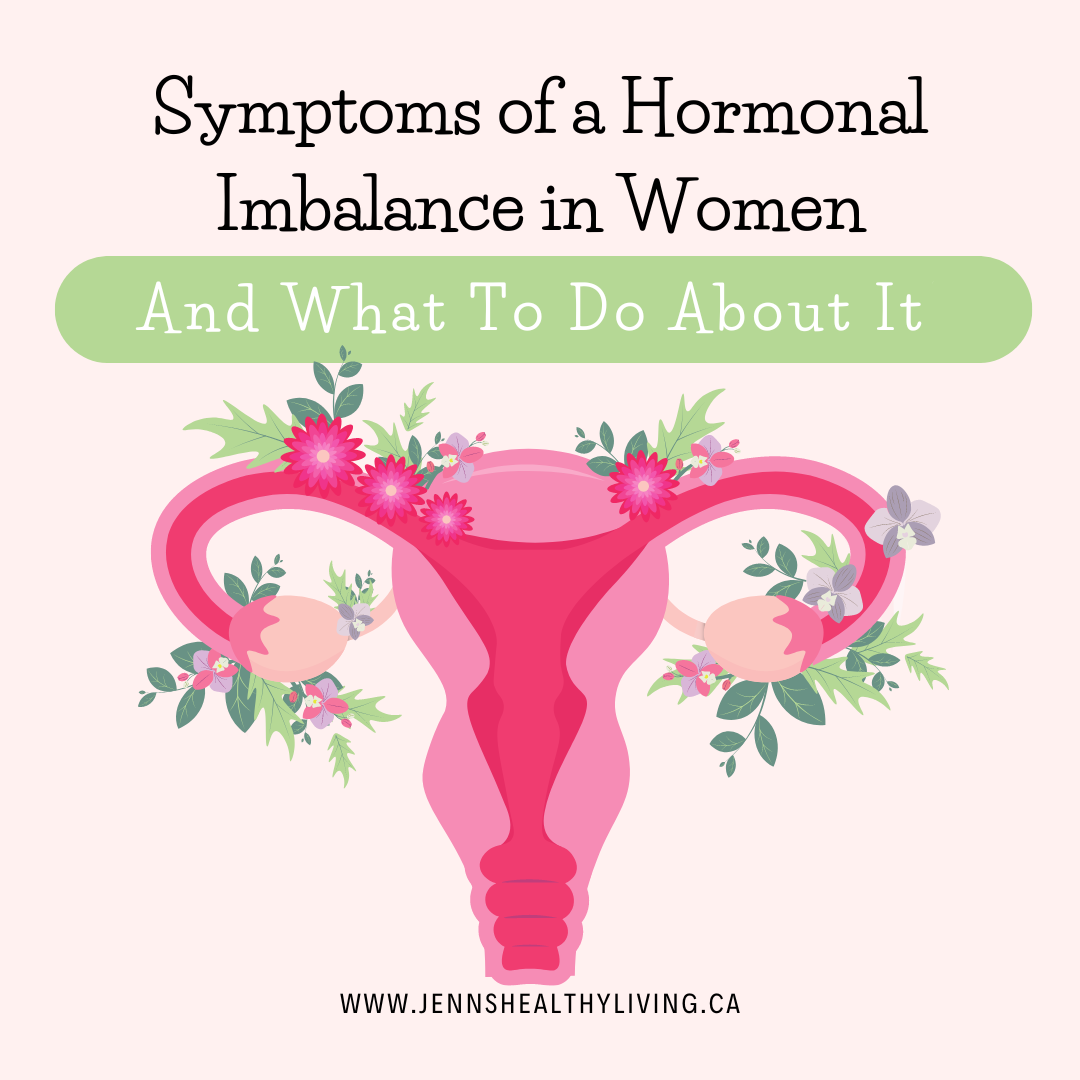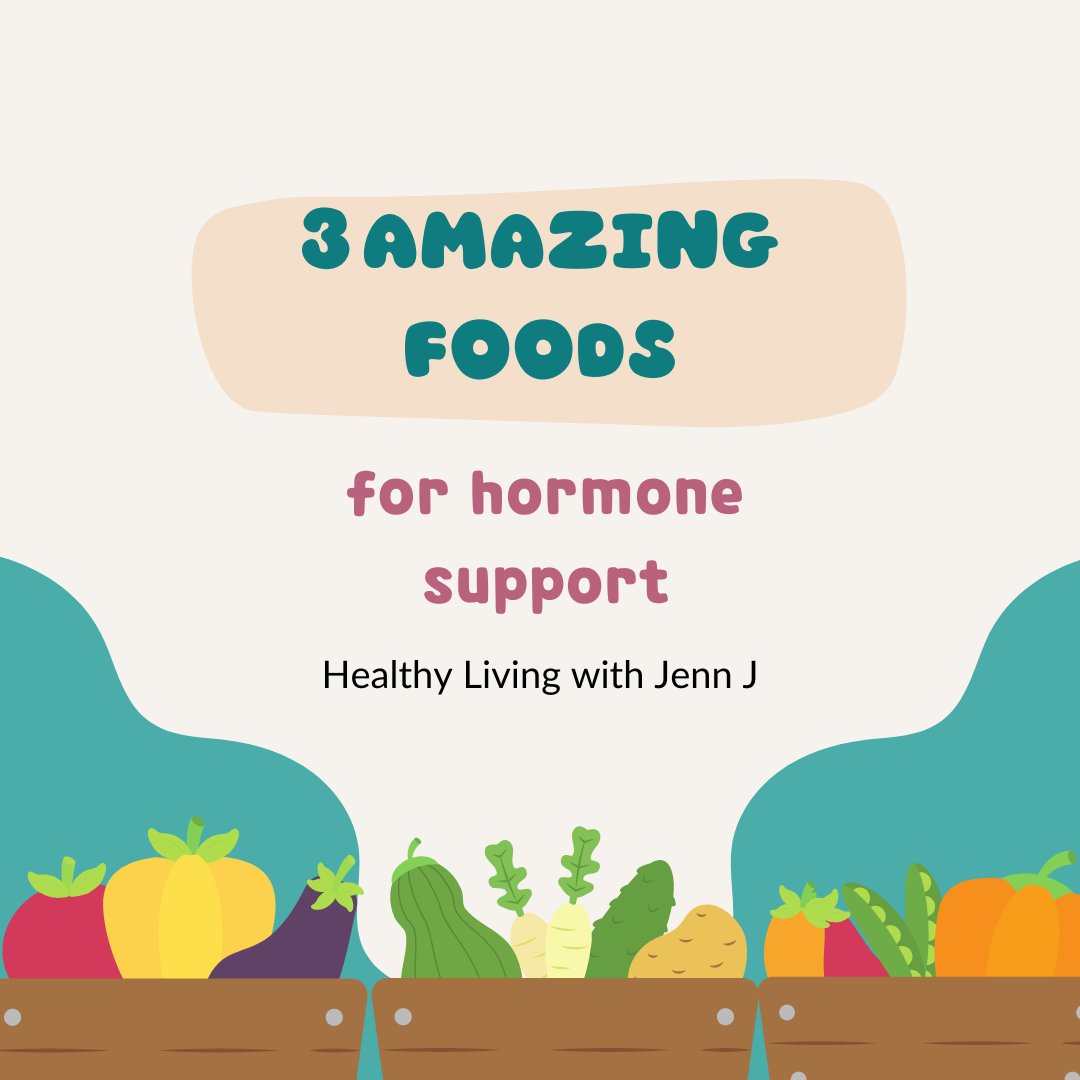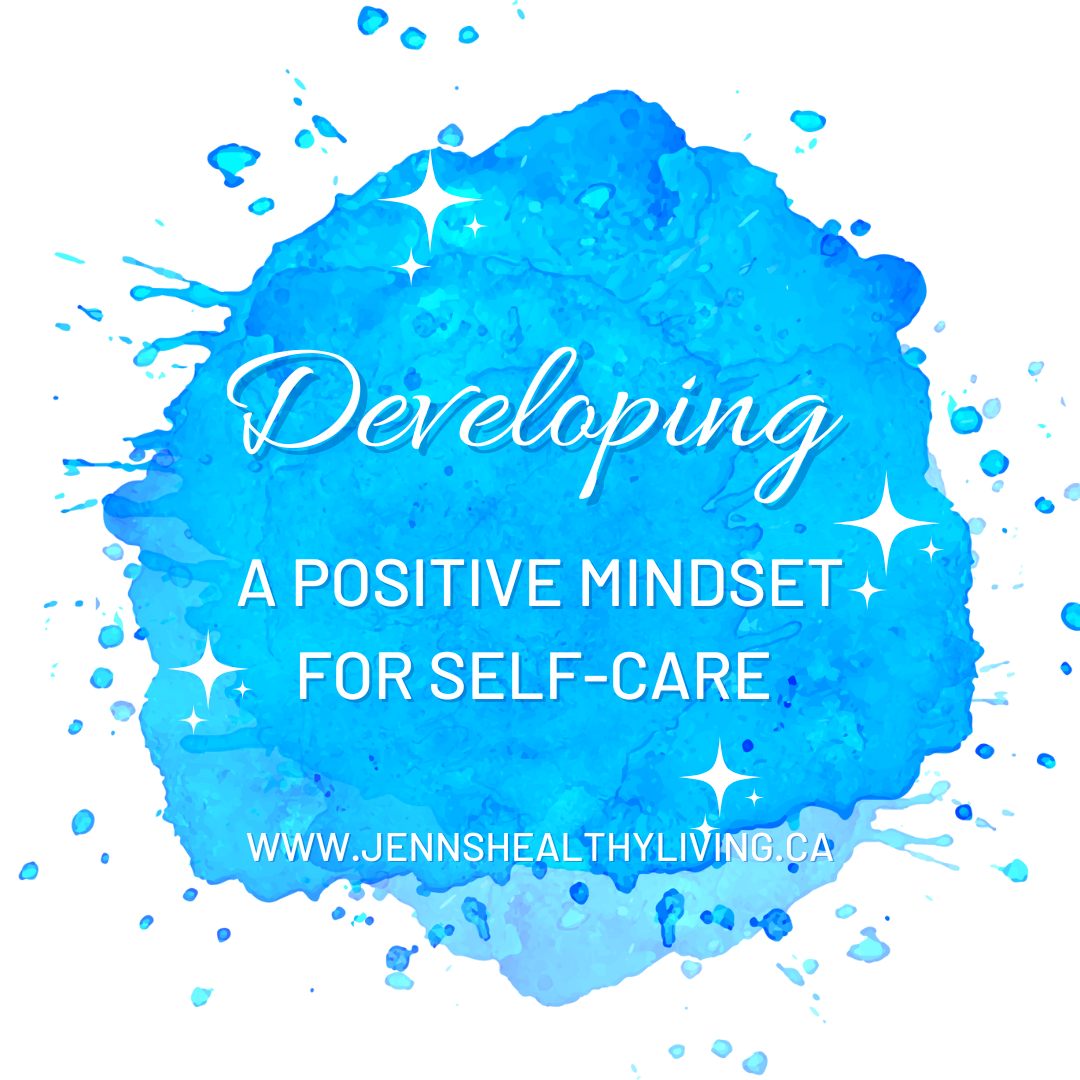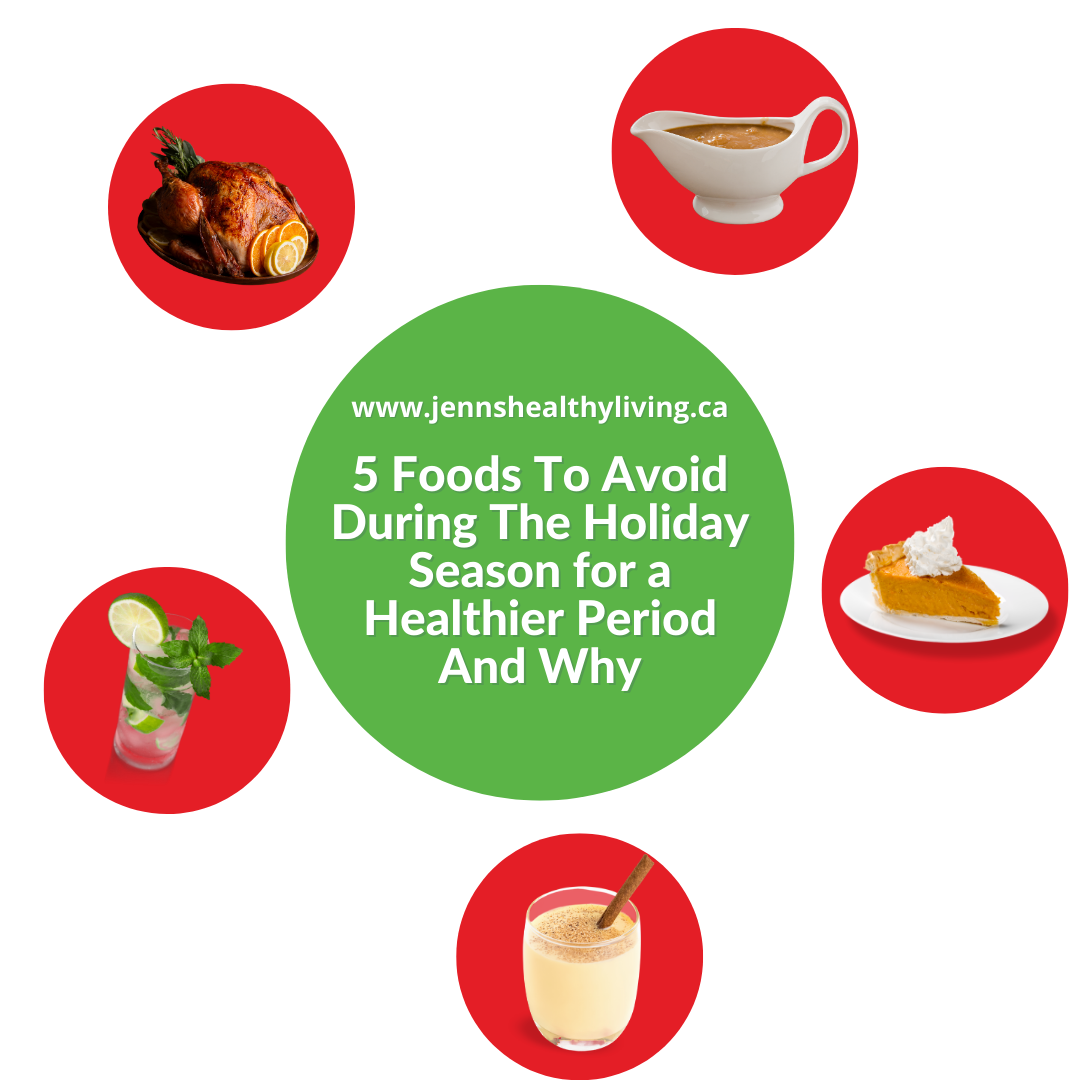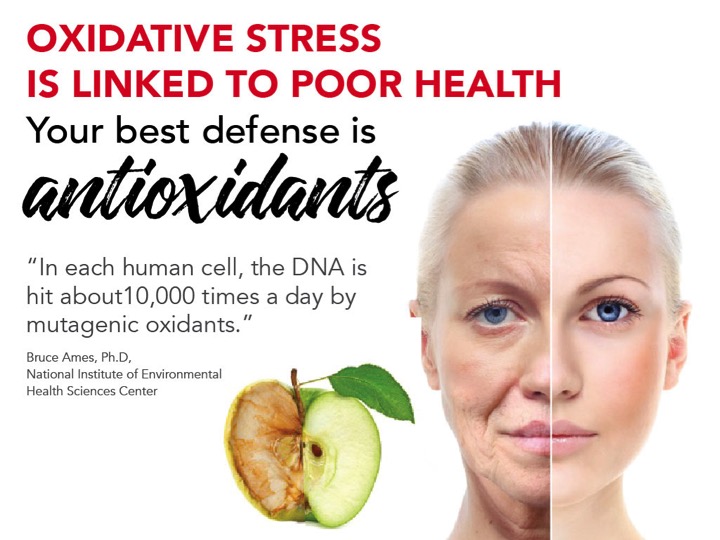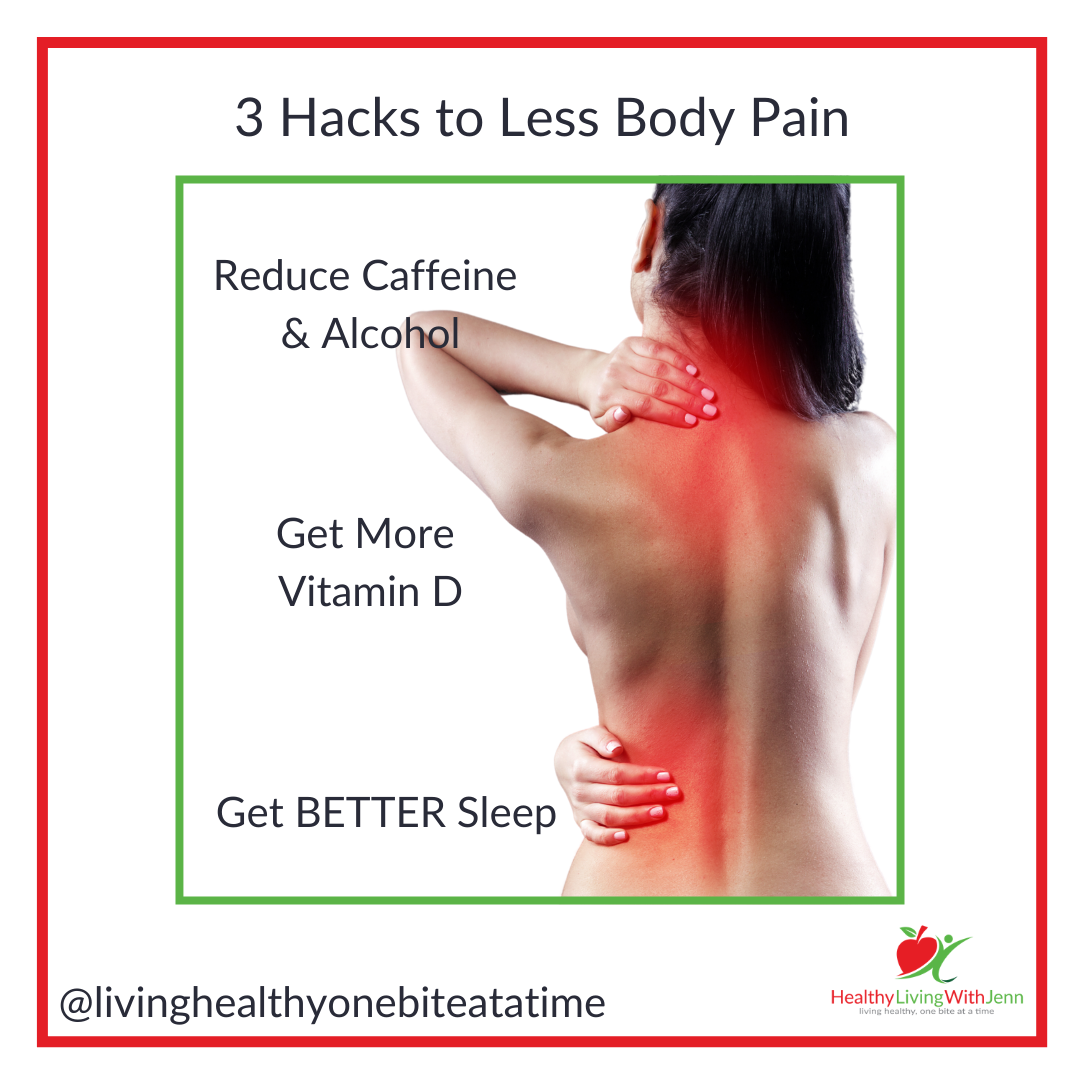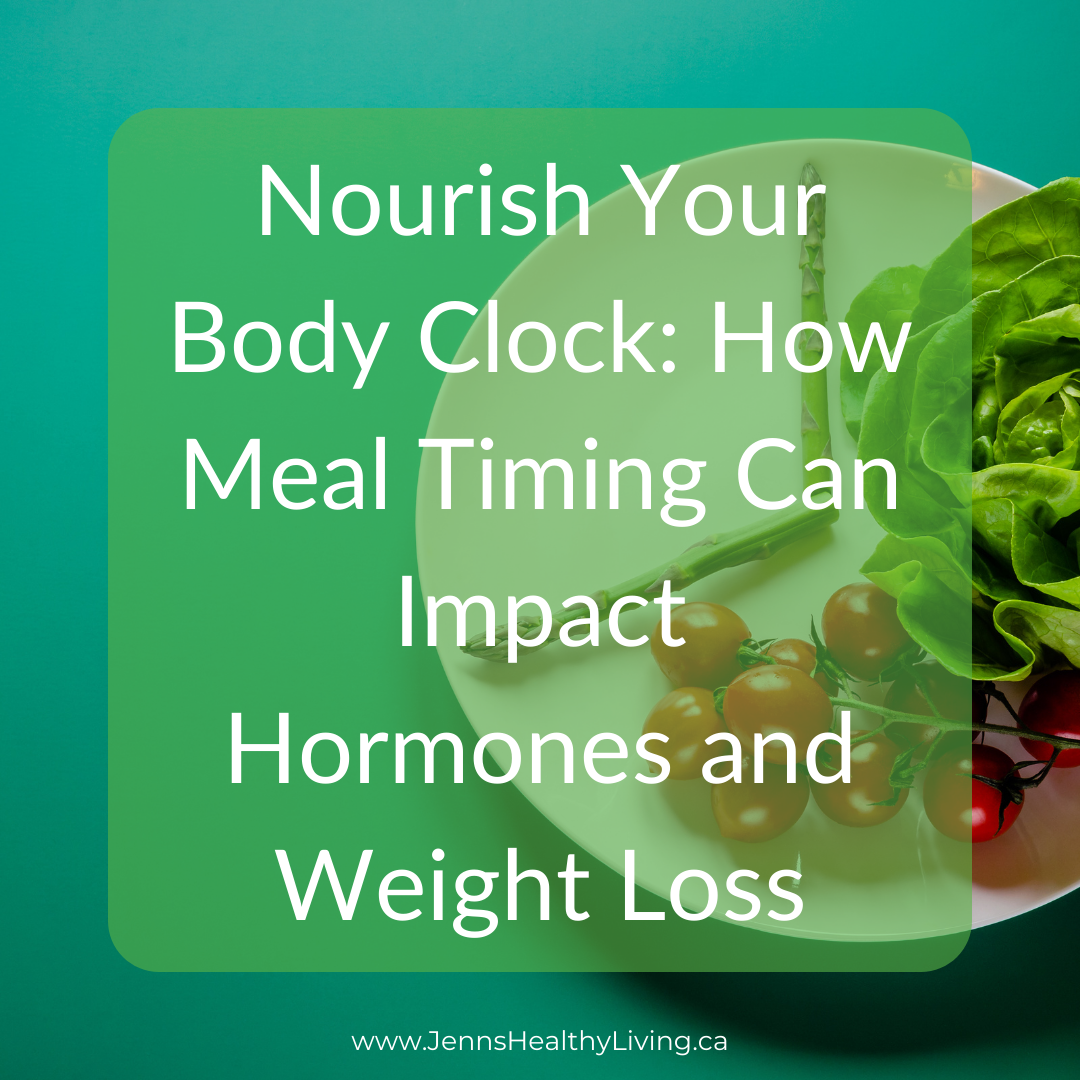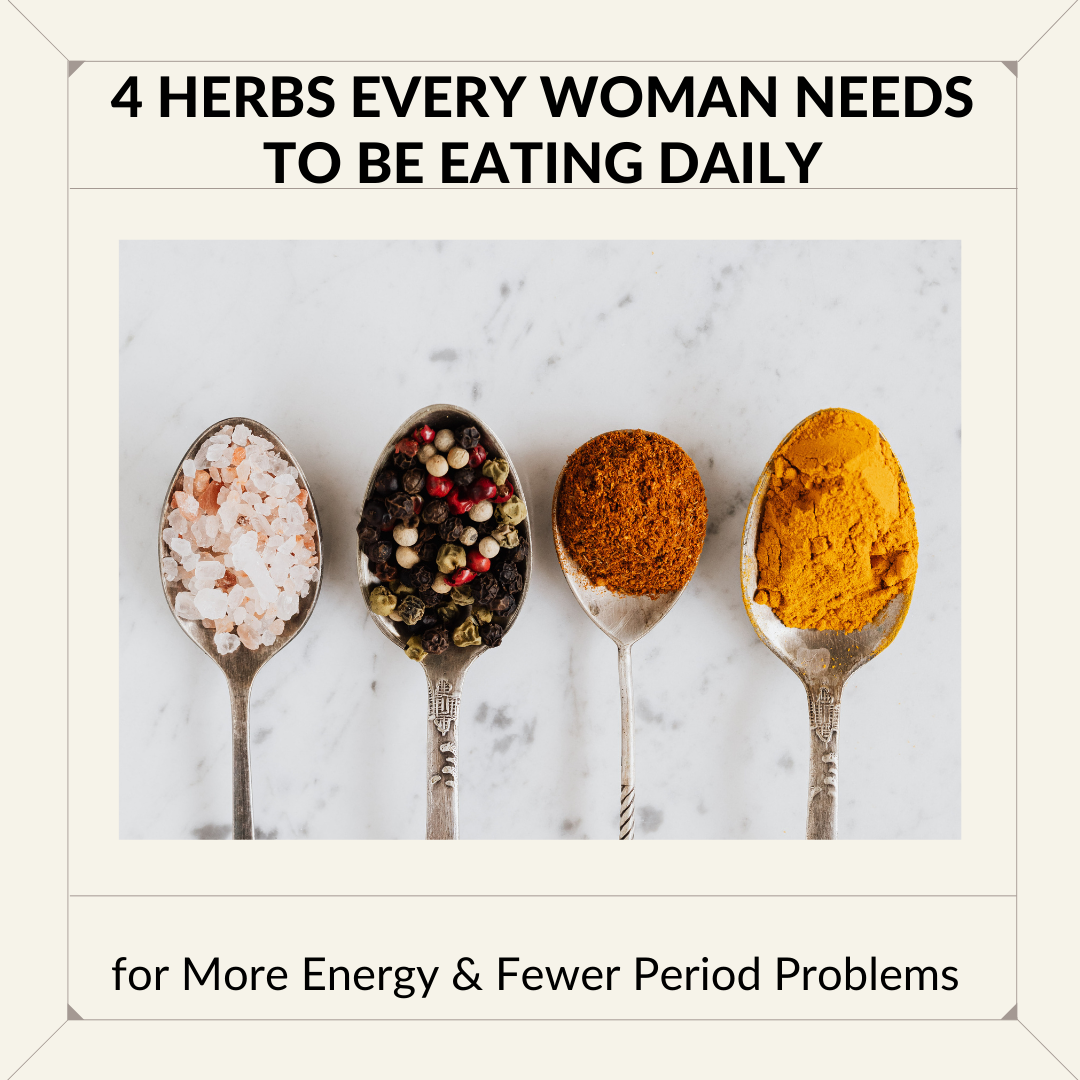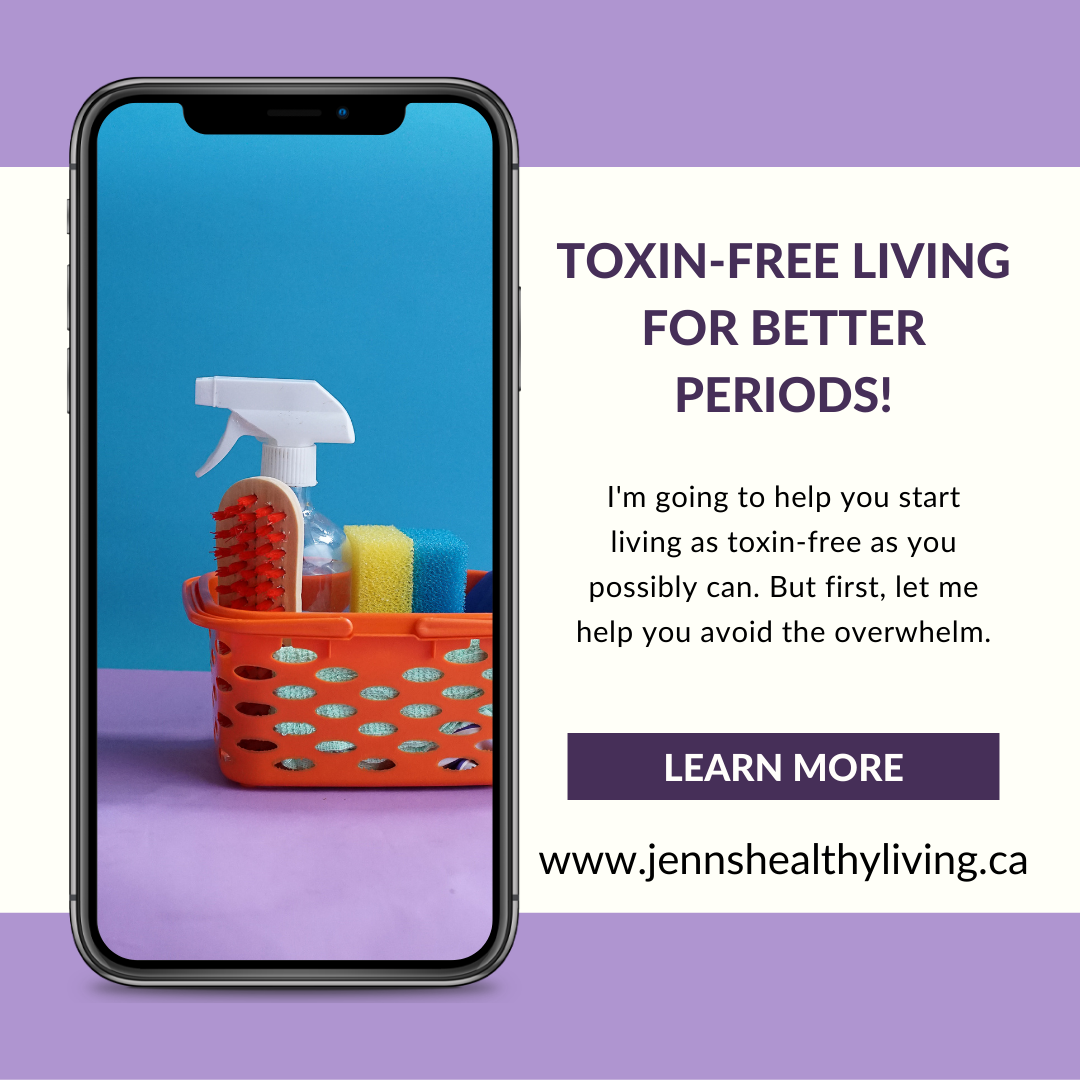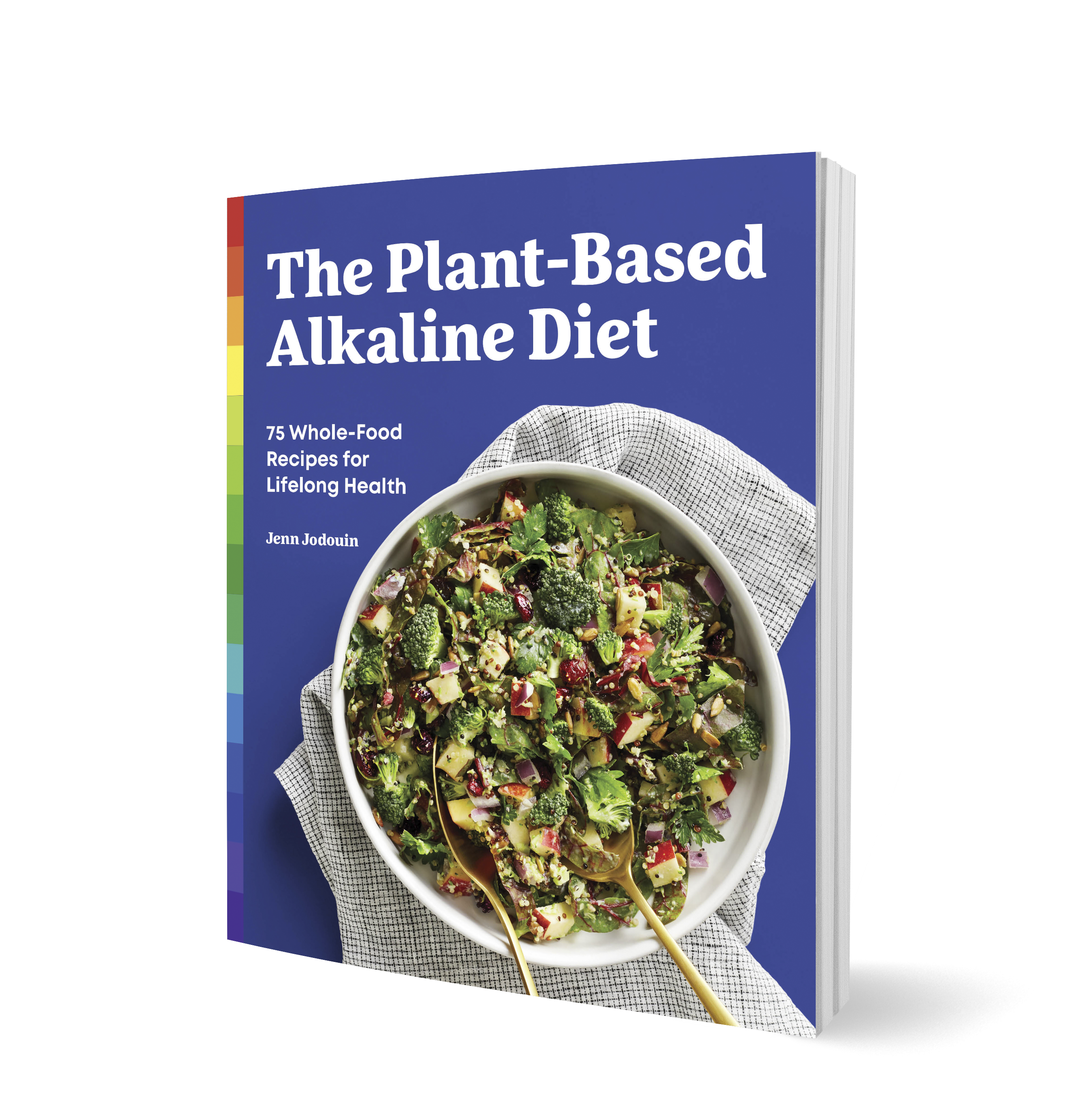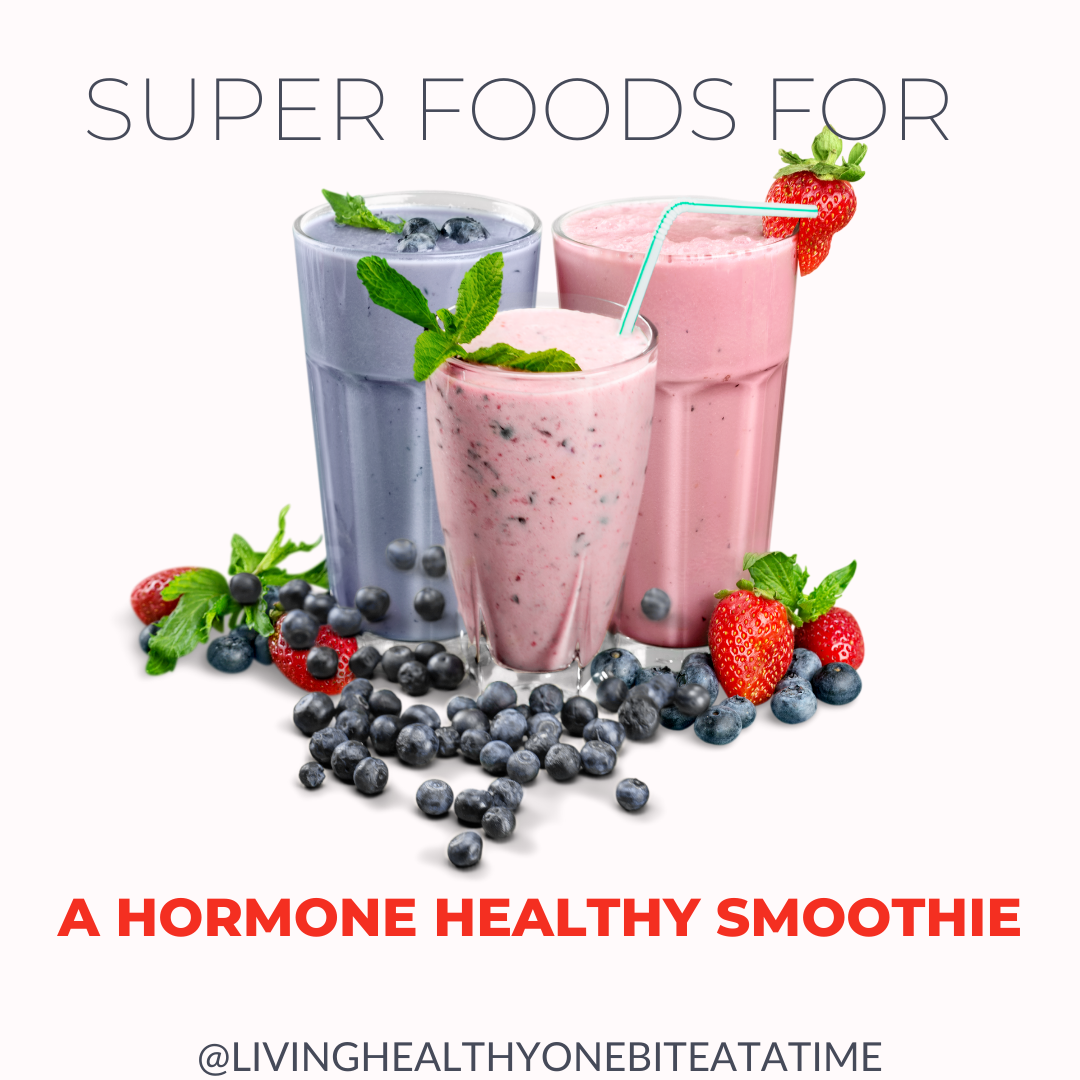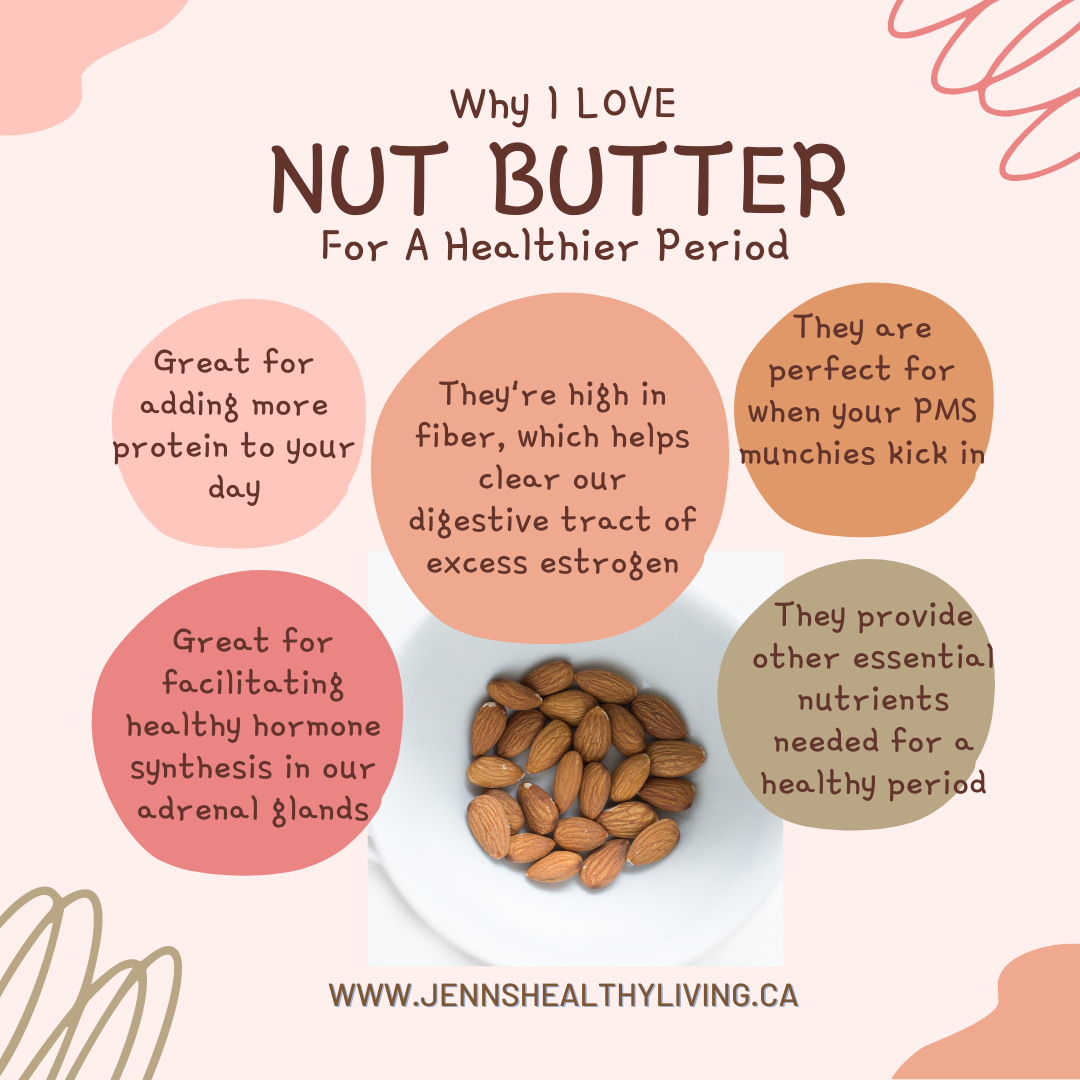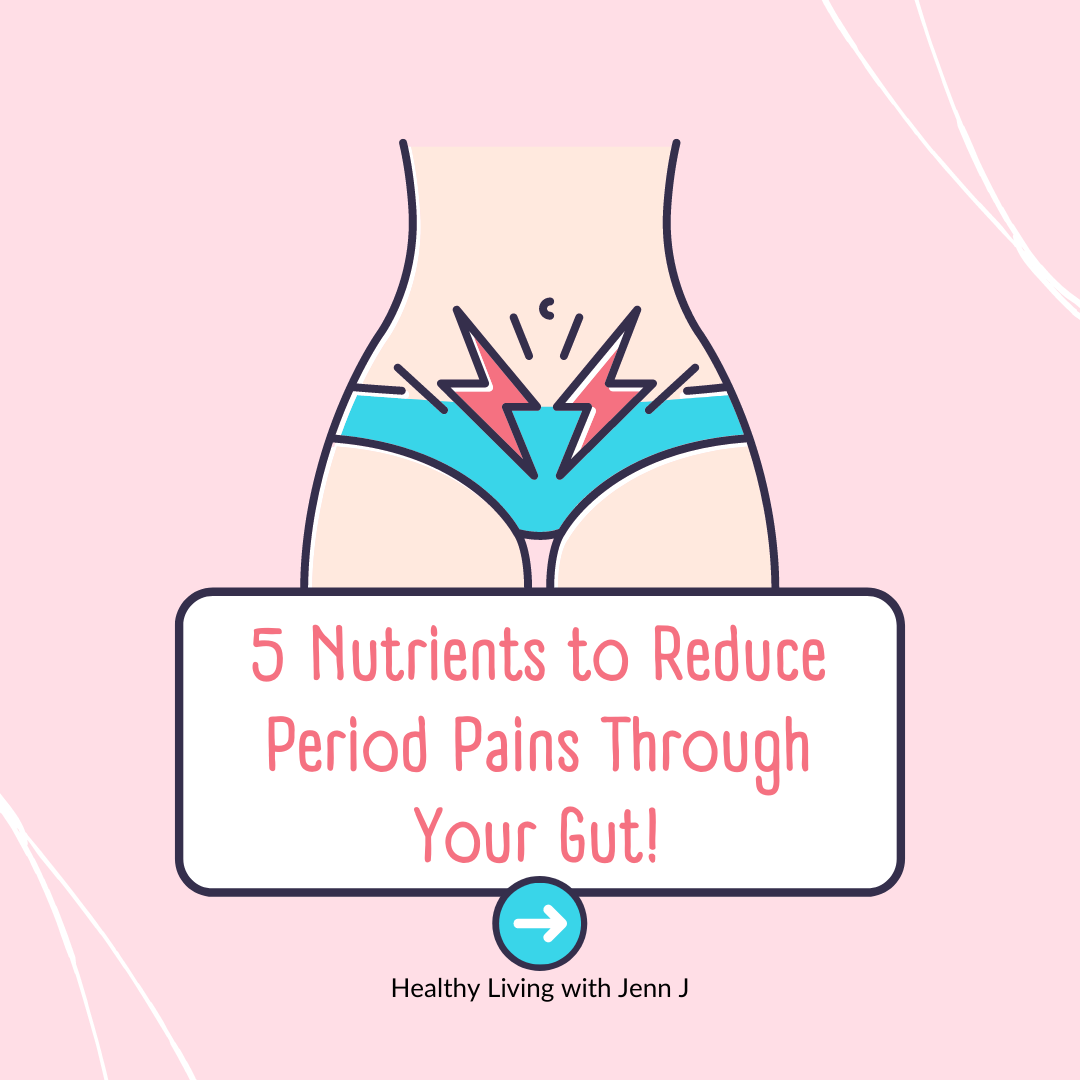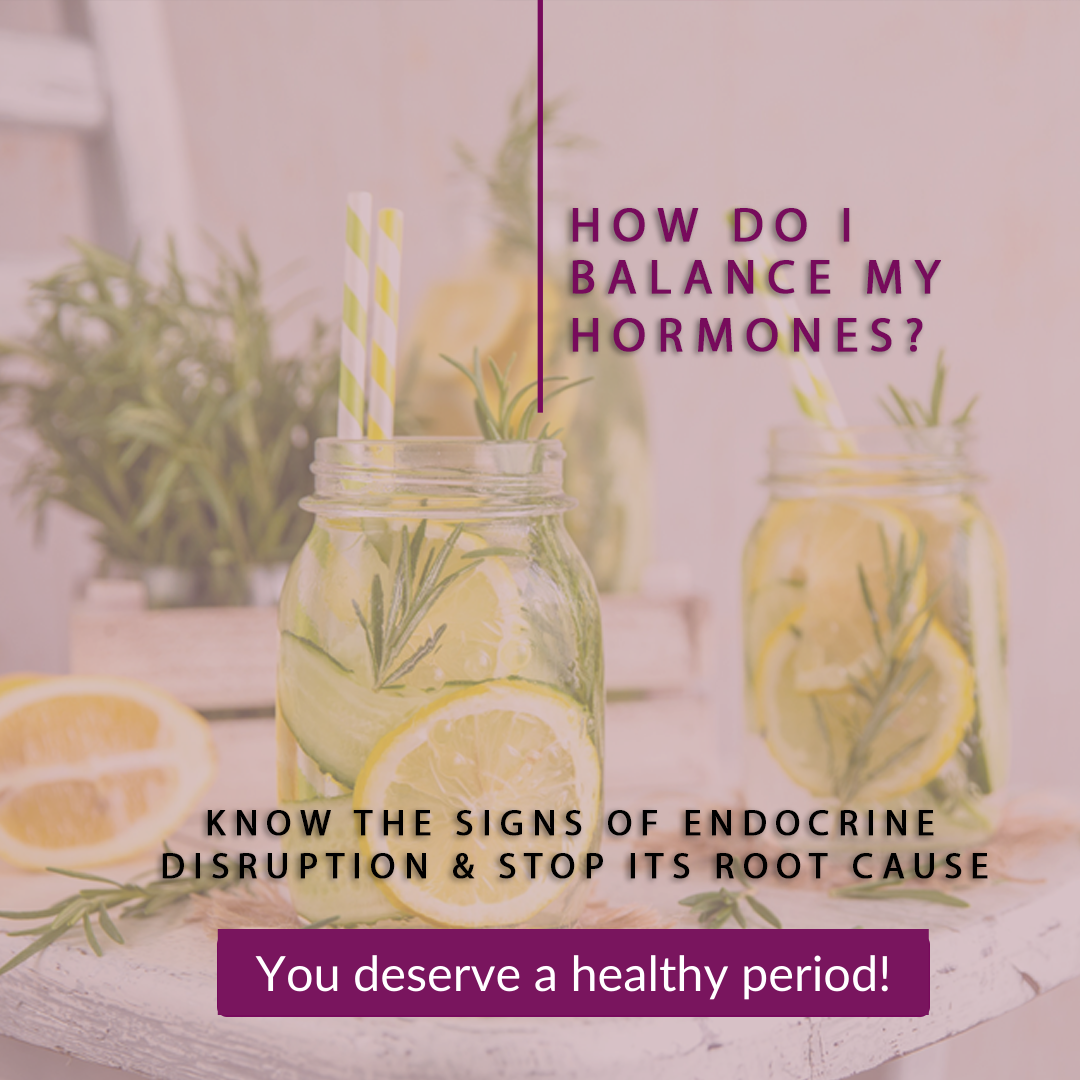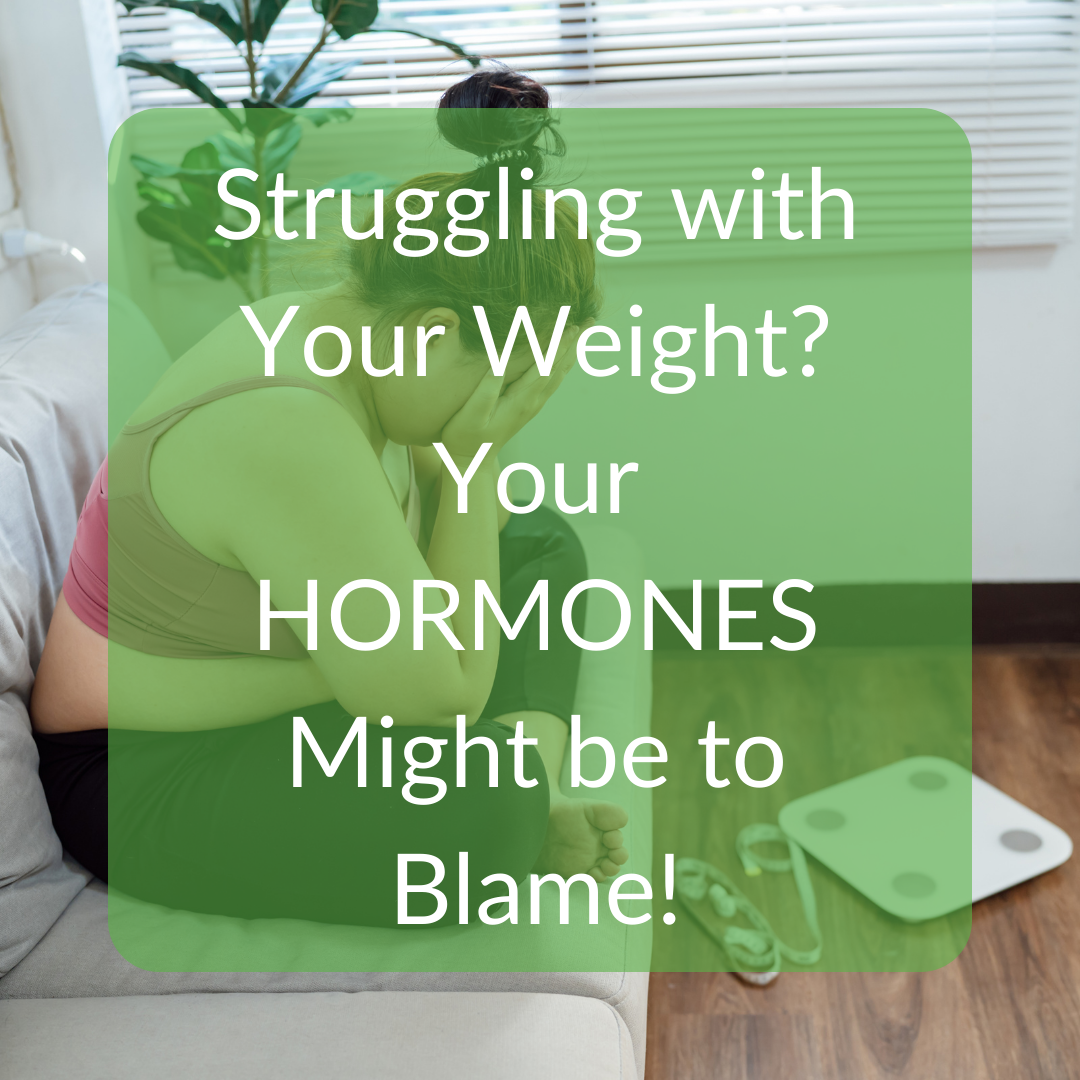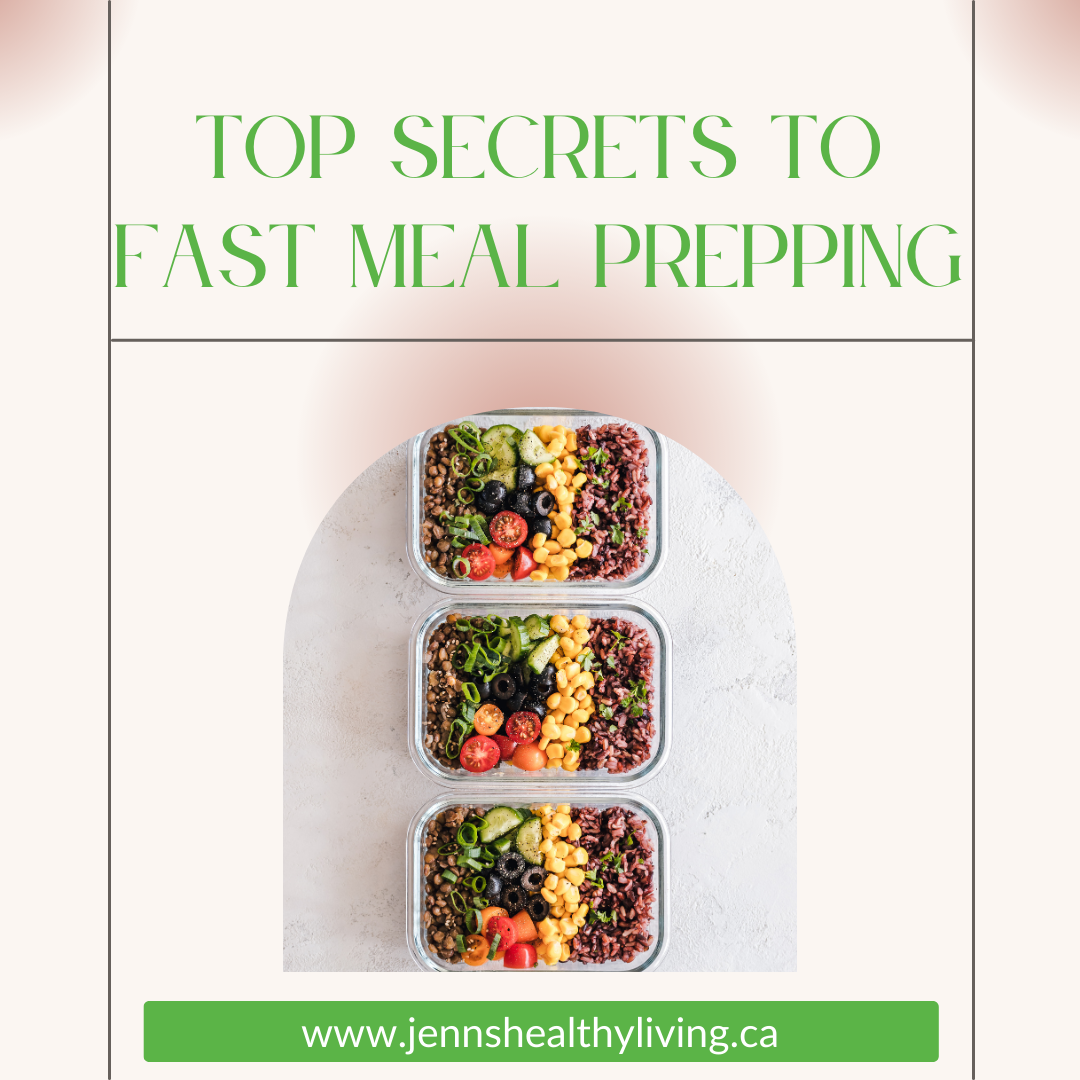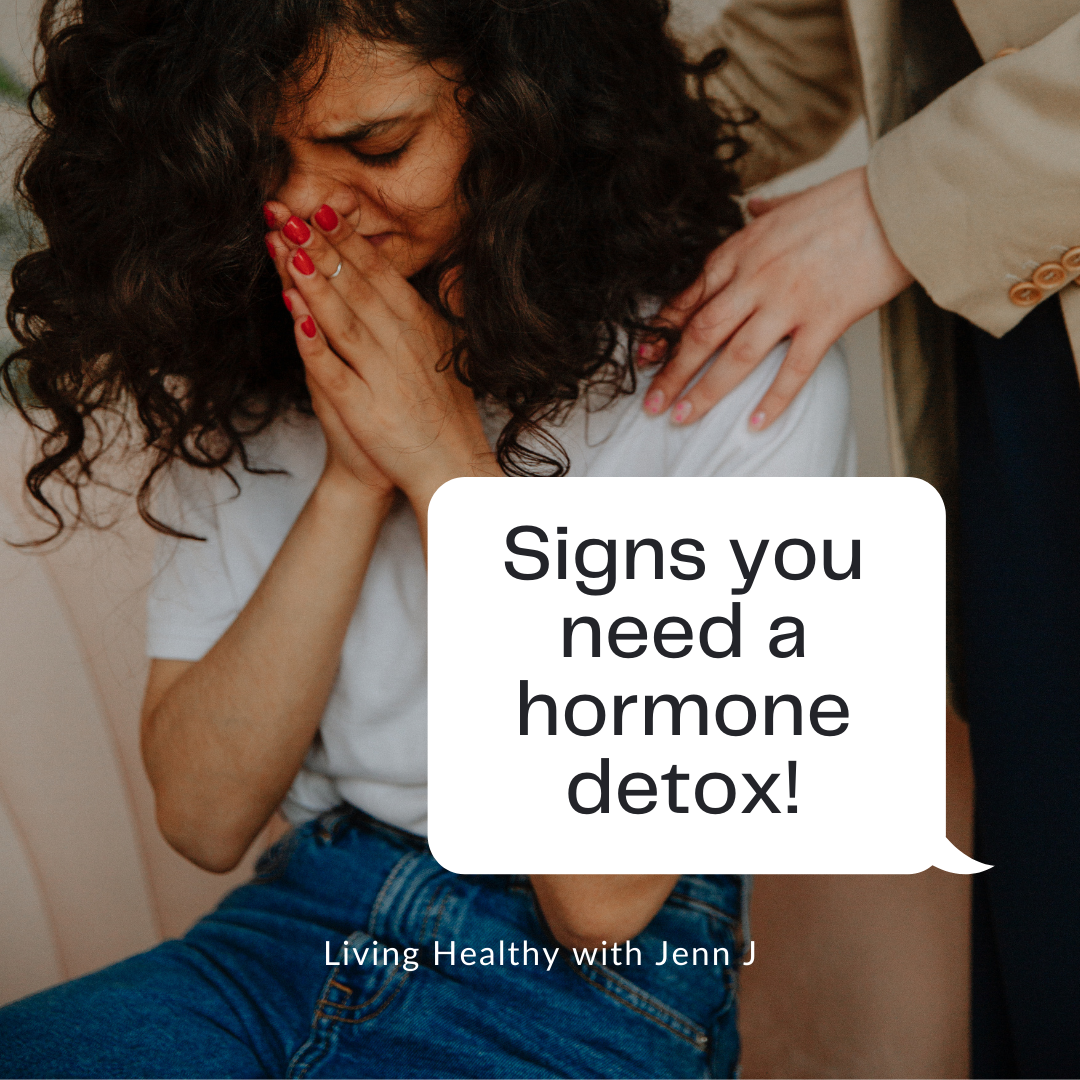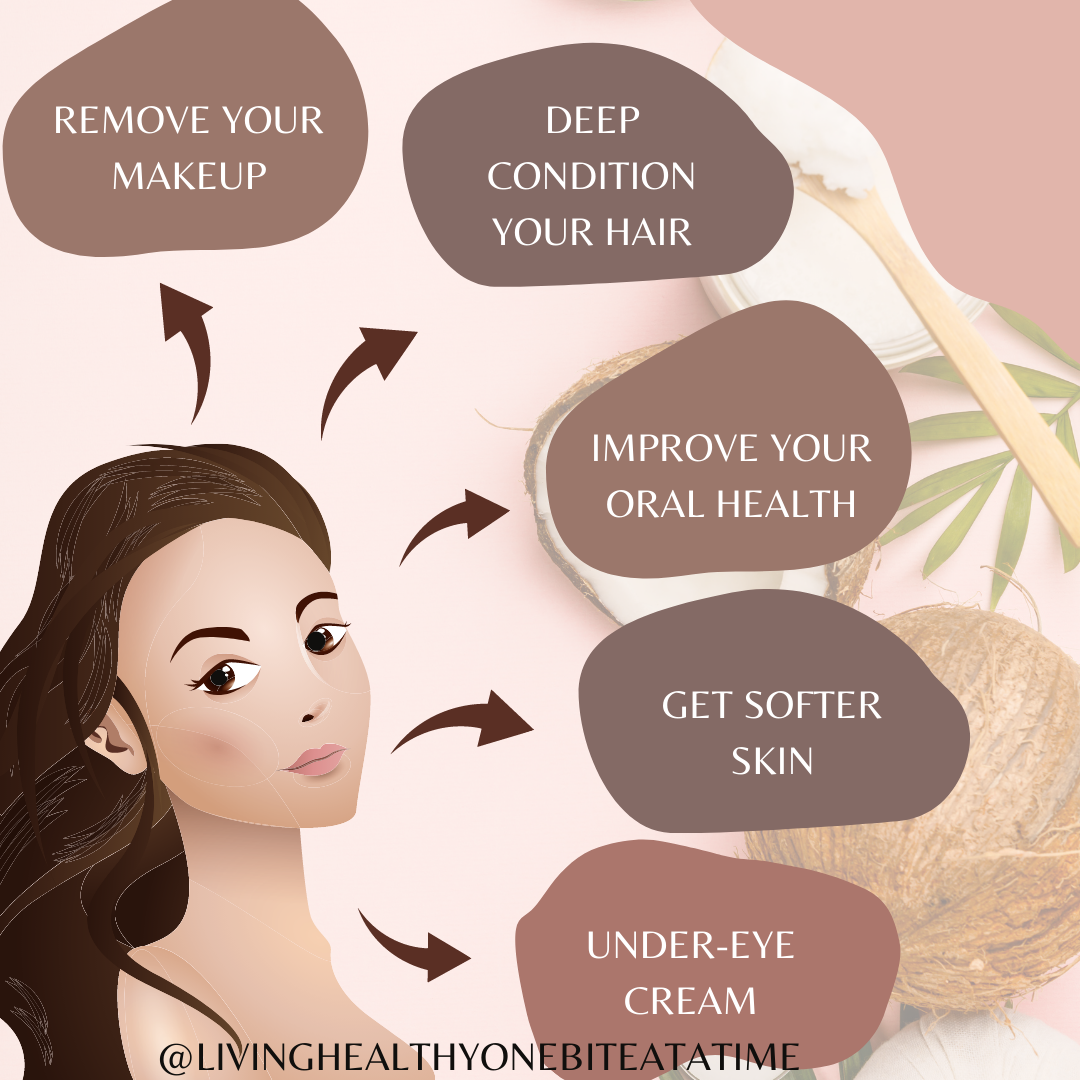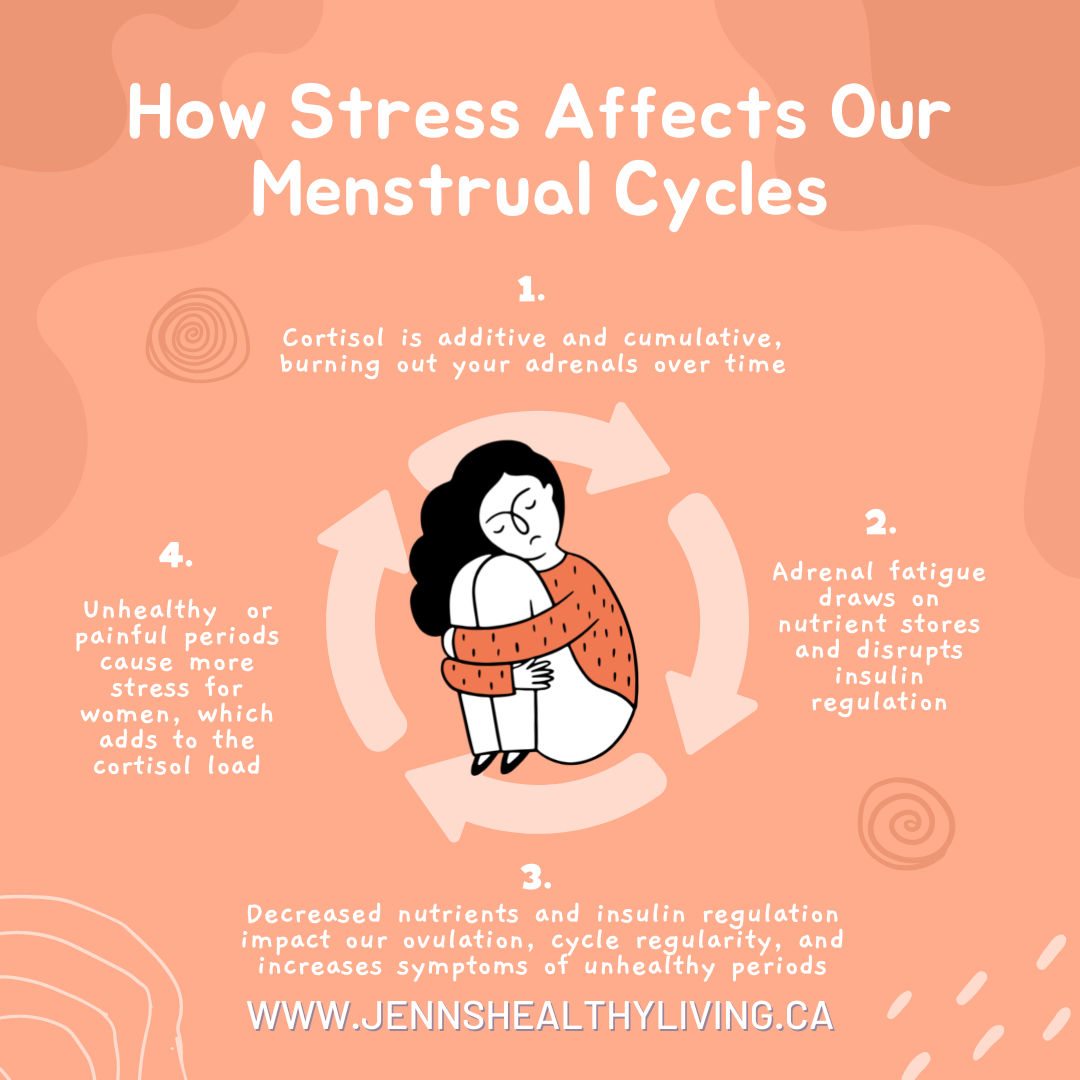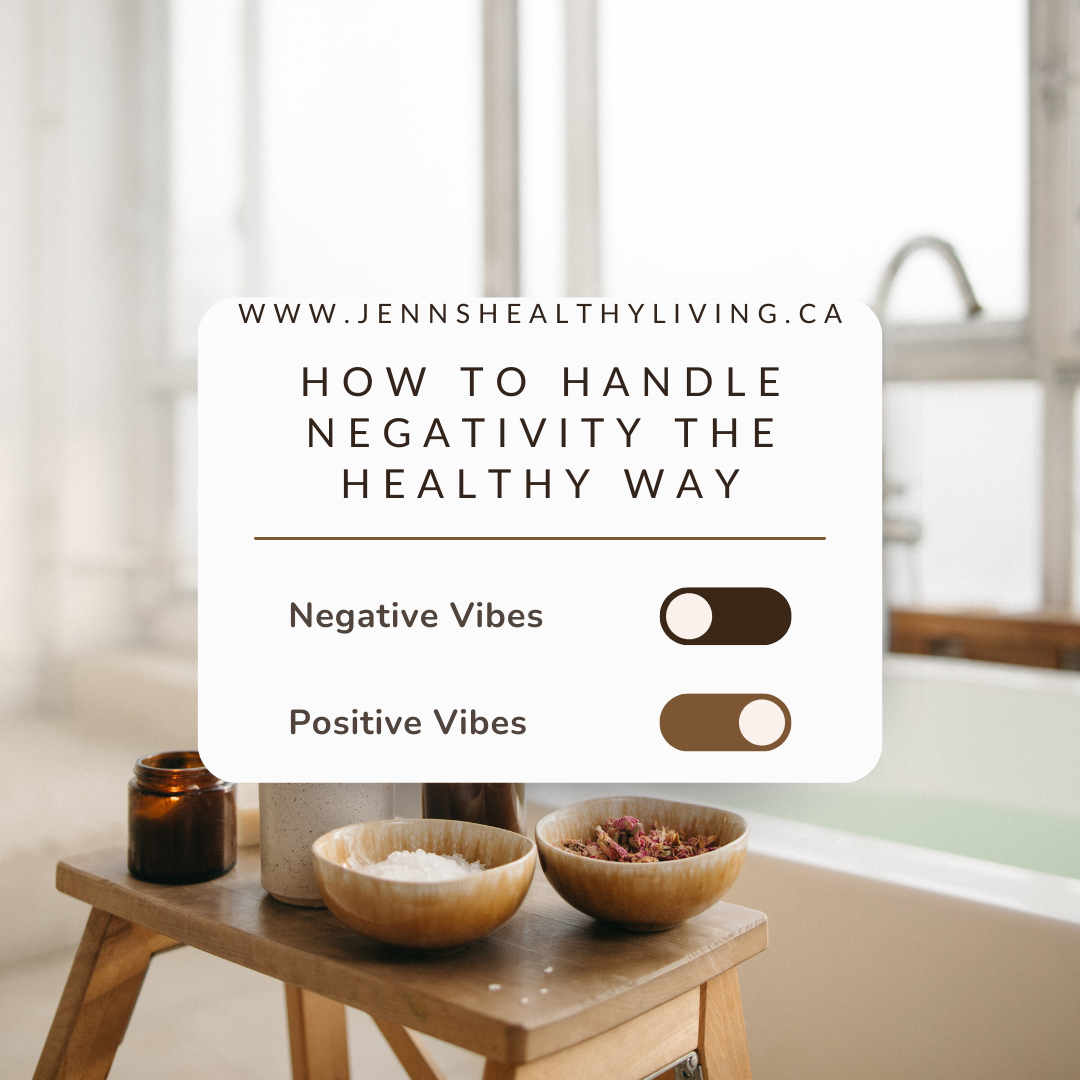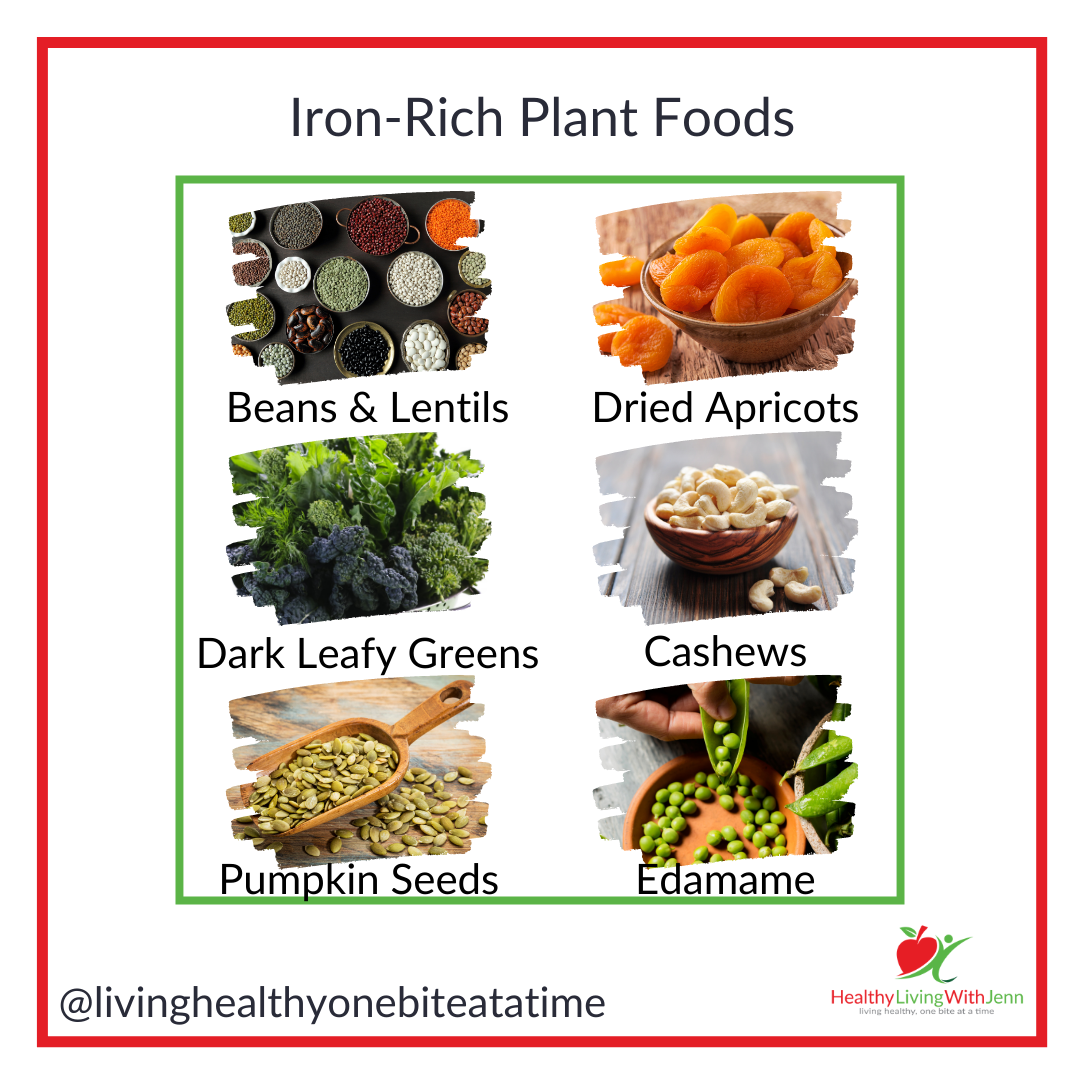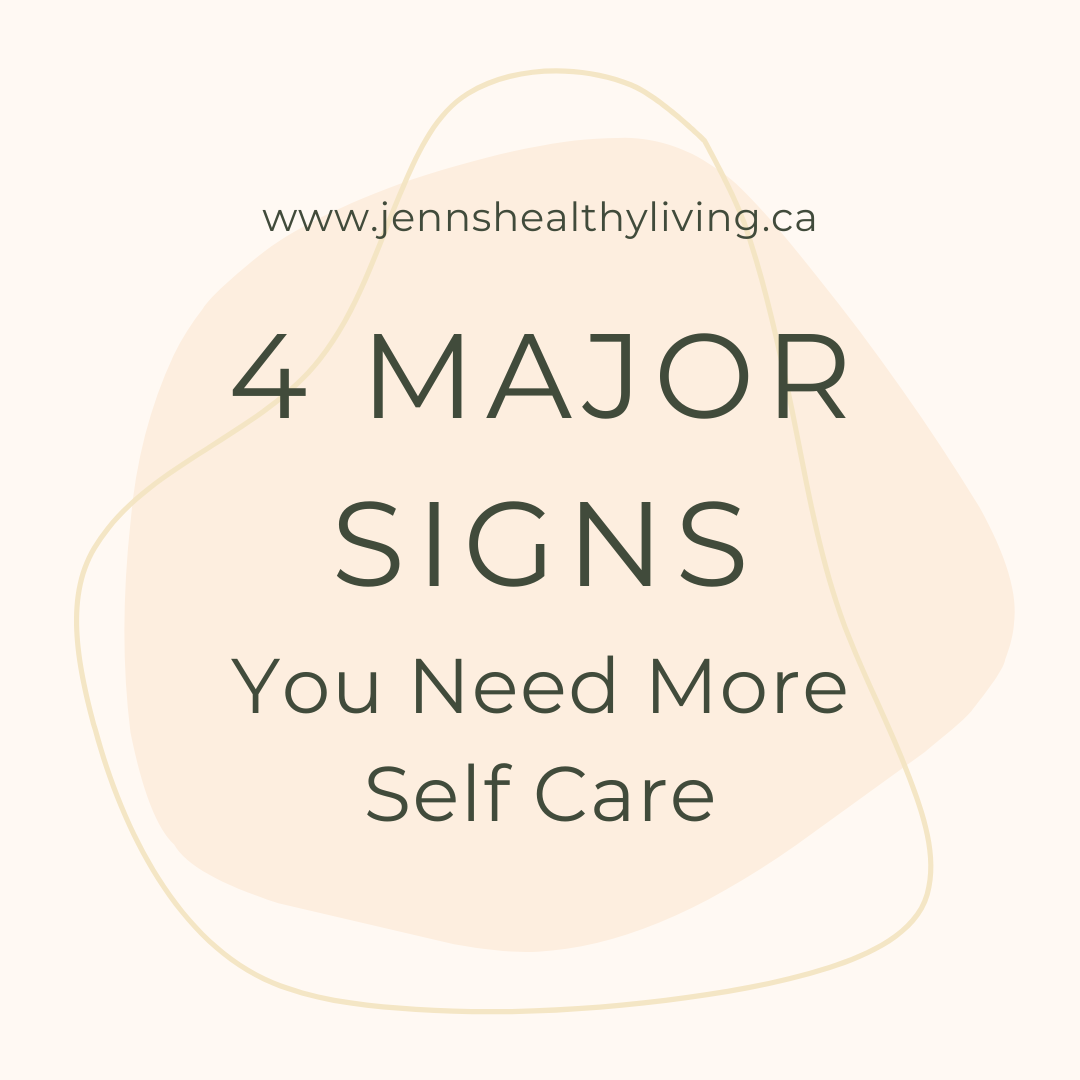Did you know that your gut helps regulate hormones? Yup, it's true! There is a microbe population living in your gut, particularly in the intestines, involved in female hormone balance called the Estrobolome. The Estrobolome is responsible for one essential hormone task - metabolizing estrogen!
Many of the hormonal problems common to women, such as belly bloat, weight gain, difficult periods, and skin issues can be signs that your gut is compromised, and your estrogen metabolism isn’t what it should be. When estrogen isn’t metabolized efficiently, this leads to an excess of the hormone in your body (hint: that’s not a good thing).
Common Signs of Gut Imbalance
- Hormonal imbalance issues
- Heartburn
- Bloating and gas
- Frequent cold and yeast infections
- Acne and eczema
- Brain fog and concentration issues
- Depression and anxiety
- Chronic fatigue
- Rapid weight gain and difficulty losing weight
What Causes Gut Problems?
There are a number of factors, including poor diet, toxin overload, and micronutrient deficiencies that lead to gut imbalances.
- Antibiotics: While antibiotics are sometimes necessary, the overuse of antibiotics can harm your health. Not only the oral antibiotics, but also the use of antibacterial soaps, wipes, and sprays. Antibiotics kill both the bad and good bacteria.
- Chlorinated Drinking water: A necessary evil, use a good filtration system.
- Diet: Eating a diet low in fermentable carbohydrates hinders your ability to populate your healthy gut flora.
- Hormonal birth control methods: Synthetic hormones mess with your Estrobolome.
- Over-the-counter medications: Especially antacids and pain/fever reducers.
- Refined sugar and processed foods: These foods promote the growth of bad bacteria in the gut and hinder the growth of beneficial bacteria.
- Toxins: Pesticides, herbicides, glyphosate, and environmental chemicals can negatively shift the microbiome.
HOW TO IMPROVE GUT HEALTH
There are several changes that you can make in your life in order to start restoring your gut health. Here is a look at some of them:
1. Change Your Diet
Watching what you eat can go a long way in improving your gut health and boosting your hormone health. Eating organic and eating a balanced diet is just the start. You should also consider:
- Eating more fermented foods. Fermented foods work wonders for gut health. They are rich in probiotics, which nourish good gut bacteria.
- Eating more blood-sugar balancing foods. There are several foods that help balance blood-sugar levels, which will in turn support a healthy gut. Go for high phytonutrient, low-glycemic foods like salmon, avocados, nuts, seeds, and olive oil.
- Eating fewer white foods. Sugar, dairy, and gluten have all been linked to causing disruptions in the gut microbiome. Reduce your intake of these foods or cut them out of your life completely.
2. Get Cultured
- Cultured foods: Sauerkraut, kimchi, cultured root veggies, traditional pickles, fermented relish, preserved carrots, preserved lemons, other fermented vegetables, unpasteurized miso. Consume only homemade or real cultured foods from the refrigerator section of your store. Most of the products sold on the store shelf are made with a vinegar brine and do not have the same health benefits.
- Fermented dairy: Plain organic unsweetened dairy-free yogurt or kefir
- Prebiotic foods: Resistant starches, artichoke, dandelion greens, garlic, leeks, onion, asparagus, and real dark chocolate! These foods are high in soluble fiber, which acts as food for your microbiota. They should be eaten raw to receive their full prebiotic benefits. You can also purchase a prebiotic supplement or a synbiotic formula that has both prebiotics and probiotics.
- Probiotic drinks: Kombucha, Good Belly Shots (lemon is my favorite), Kavita, coconut kefir, and coconut water kefir.
3. Lower Your Inflammation
Low-glycemic foods will help greatly with this. You should also avoid exposure to toxic substances, exercise more, and get enough sleep.
4. Limit Antibiotics
As the name suggests, antibiotics kill off bacteria. This means all bacteria, not just the bad ones. You should therefore only take antibiotics when absolutely necessary.
5. Rethink Hormonal Birth Control
Hormonal birth control messes up the gut microbiome. It also increases the risk of inflammatory bowel diseases like colitis and Crohn’s disease.
6. Consume More Hormone-Healthy Micronutrients
Micronutrients are essential for proper gut health. Here is what they can do for you:
- Magnesium: Magnesium deficiency reduces the amount of bifidobacteria in the gut
- Zinc: Zinc deficiency reduces bacterial activity and leads to a less diverse microbiome
- Vitamin B12: It nourishes and shapes microbial communities
- Vitamin D: Vitamin D deficiency can trigger inflammation
- Selenium: More selenium in the gut leads to an increase in bifidobacterium
7. Supplement with a Probiotic
Most cultured foods naturally contain a wider variety of strains than probiotic supplements and may be easier for the body to absorb, but supplementing 'in addition' is often needed.
This is especially true if you:
- Have taken antibiotics
- Have poor gut motility
- Have tested positive for GBS
- Have had yeast infections
- Have candida
- Have an autoimmune
Heavy periods, PMS, and reproductive system problems may not seem like they are related to your gut - but they often are.
Hormones don’t just break! Hormone imbalance is almost always a sign of a root problem somewhere else in the body!
Start your healthier hormones today by implementing some of these tips for a healthier gut!





